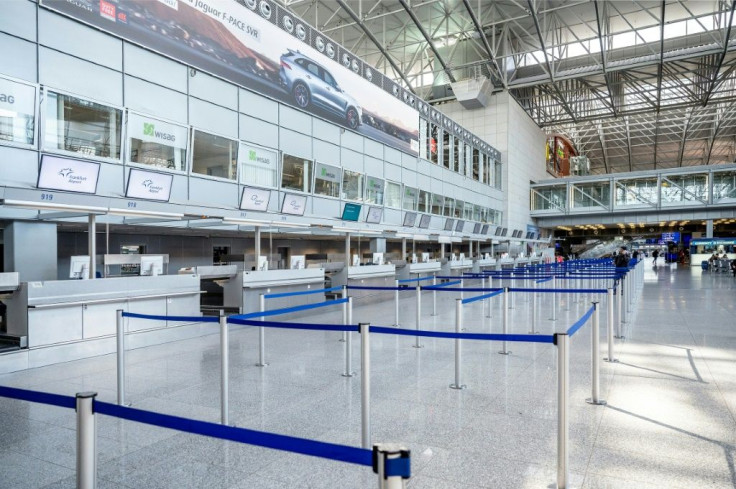US Airlines Seek $50 Bn In Federal Loans, Grants Due To Virus

With no end in sight to a travel industry crisis caused by the coronavirus pandemic, US airlines on Monday requested a government bailout of some $50 billion.
Airlines for America, an industry trade group, released the wish list including grants, loans and tax relief as governments around the world redoubled efforts to prop up the economy amid a massive slowdown caused by the outbreak.
Trump administration officials have highlighted airlines as a major worry point and signaled broad support for a federal plan to fortify the industry.
The group said its request reflected an "unprecedented" drop in demand that is "getting worse by the day" and "much worse than 9/11," according to a press release.
"This is a today problem, not a tomorrow problem. It requires urgent action," said A4A President and Chief Executive Nicholas Calio.
With some 750,000 workers and high fixed costs, the industry is bleeding cash as planes are grounded and carriers report that cancelations are outpacing bookings as fear of the virus freezes activity.
The proposed measures include grants of $25 billion to commercial airlines to cover immediate liquidity needs and up to $25 billion in unsecured loans and loan guarantees to boost medium- to long-term liquidity.
The industry also seeks a rebate from 2020 excise taxes paid for the first three months of the year, plus a temporary repeal of excise taxes through the end of 2021.
"The current economic environment is simply not sustainable, and it is compounded by the fact that the crisis does not appear to have an end in sight," the group said.
The group said the industry was on track to suffer a drop of $23 billion in liquidity at the end of 2020 under an "optimistic" scenario and a drop of $53 billion under a "pessimistic" scenario.
"As of the morning of March 16, the pessimistic scenario is looking most likely," the group said.
© Copyright AFP {{Year}}. All rights reserved.





















